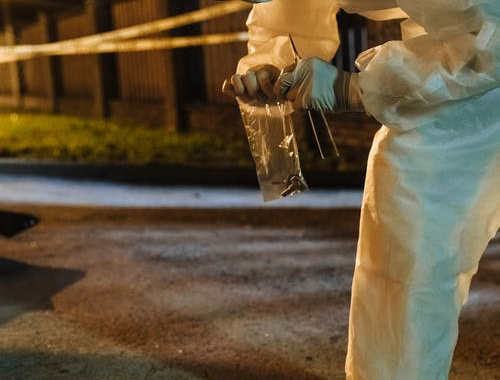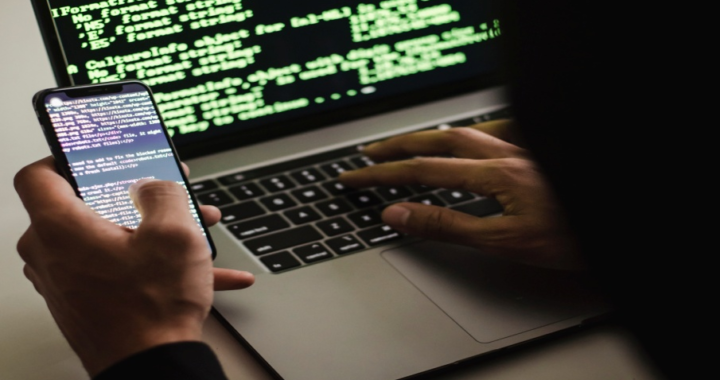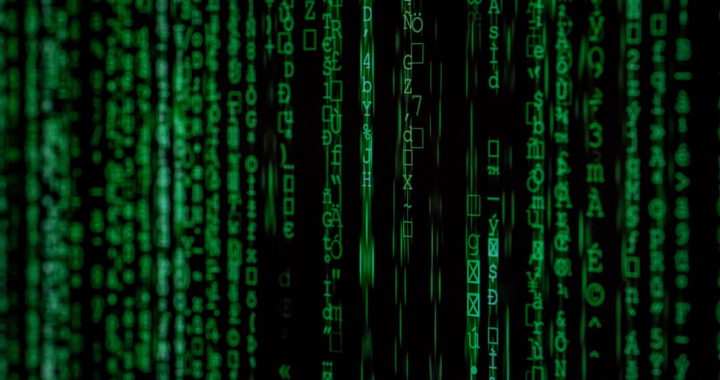The crime scene investigation process can be extremely complex based on the nature of the crime. The way officers handle a crime scene of burglary is different from that of homicide. Outdoor, indoor, and conveyance crime scenes have unique factors to consider.
However, the essential steps of an investigation process remain the same regardless of the crime. Here’s how these steps apply to an investigation.










